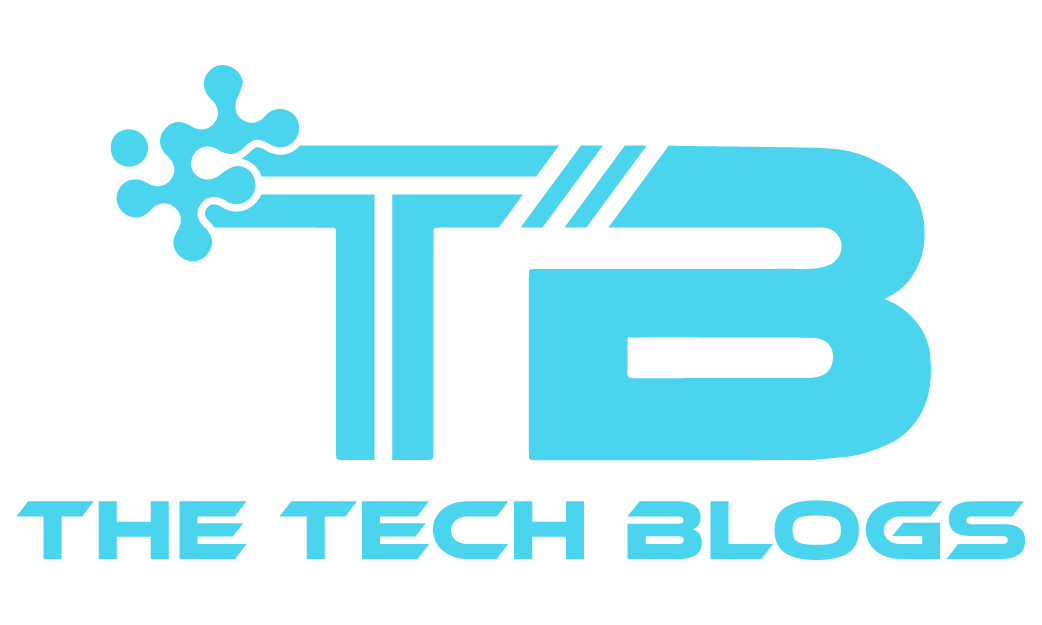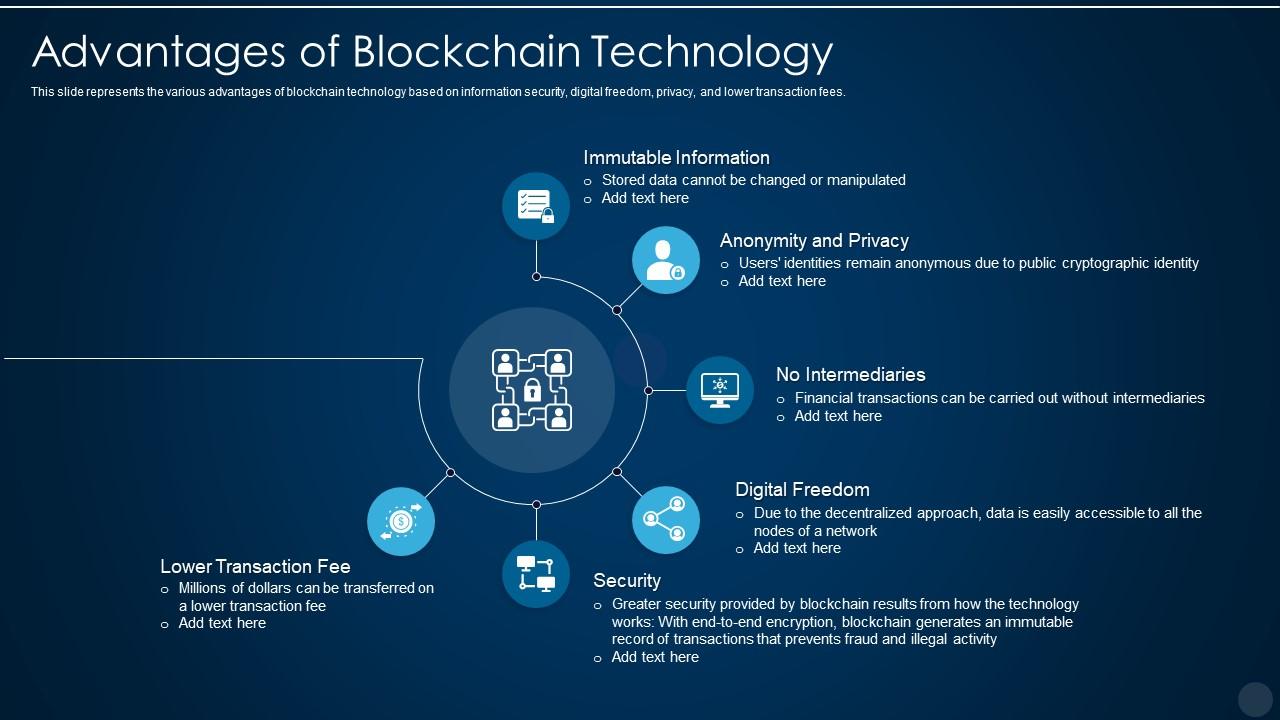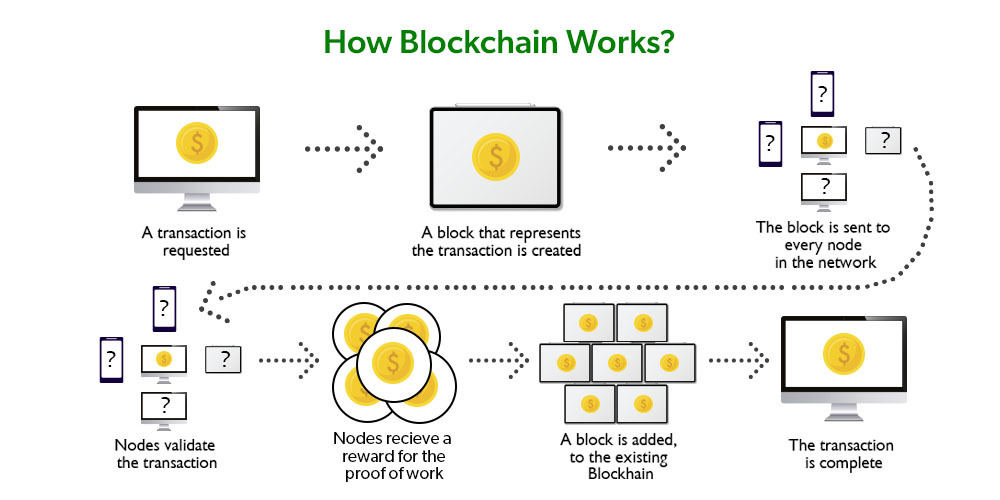Introduction
Sustainability isn’t just a buzzword; it’s a global necessity. As the planet’s resources diminish, there’s a growing focus on sustainable practices. But how does blockchain, a technology best known for underpinning cryptocurrencies, fit into the sustainability landscape? Let’s explore of how can features of blockchain support sustainability efforts? this intricate relationship.
The Basics of Blockchain
Definition and Function
Blockchain is a decentralized digital ledger technology. It allows multiple parties to have simultaneous access to a constantly updated digital ledger that’s secure and transparent.
How It Works
In essence, a blockchain is a chain of blocks (data sets) bound together. When a transaction occurs, it’s grouped in a block; once the block is full, it’s added to the chain.
Why Sustainability Matters
Environmental Benefits
Sustainable practices protect our environment for future generations, conserving natural resources and mitigating climate change.
Economic Impacts
Sustainability also makes good economic sense, increasing efficiency and reducing waste, thus saving money in the long run.
Linking Blockchain and Sustainability
Transparency
Blockchain provides an unprecedented level of transparency. This makes it easier to track the sustainability credentials of products and companies.
Accountability
The immutable nature of the blockchain means that once data is entered, it can’t be tampered with, enforcing accountability.
Features of Blockchain for Sustainability

Decentralization
One of the key features of blockchain is its decentralized nature, which eliminates the need for intermediaries, reducing costs and increasing efficiency.
Smart Contracts
Smart contracts automatically execute, enforce, or document legally-relevant events according to the terms of a contract, streamlining sustainable practices.
Immutable Ledger
This feature makes it almost impossible to alter past transactions, ensuring that all sustainability claims can be verified.
Case Studies
Energy Sector
Blockchain could revolutionize the way we manage renewable energy through peer-to-peer energy trading platforms.
Supply Chain
Blockchain can trace the origin of products, ensuring they are sourced sustainably.
Social Initiatives
Blockchain has the potential to improve transparency in charitable organizations.
Challenges and Controversies
Energy Consumption of Blockchain
One major criticism is that blockchain, particularly Bitcoin, consumes a large amount of energy.
Scalability Issues
The current form of blockchain is not infinitely scalable, which poses a challenge for large-scale applications.
Future Perspectives
Technological Improvements
Emerging technologies may address current challenges, making blockchain even more viable for sustainability.
Potential New Uses
As technology evolves, new uses for blockchain in sustainability will likely emerge.
Current Projects Utilizing Blockchain for Sustainability
Organizations like IBM and the World Wildlife Fund are already implementing blockchain in their sustainability efforts.
How to Get Involved
Individual Level
You can participate by investing in sustainable blockchain projects.
Corporate Level
Companies can integrate blockchain into their existing sustainability programs.
Legislation and Policy
Existing Laws
Current legislation is still catching up with this rapidly evolving technology.
Proposed Changes
Numerous proposals aim to regulate blockchain more tightly, which could impact its use in sustainability.
The Global Scale
International Initiatives
Blockchain for sustainability is not just a local issue; it has global implications.
Benefits and Challenges
While blockchain has immense global potential, it also has its set of challenges that need to be overcome.
Cost-Benefit Analysis
Balancing the advantages and disadvantages of using blockchain for sustainability is essential for its long-term success.
Conclusion
In this guide you have learned of how can features of blockchain support sustainability efforts? In essence, the features of blockchain offer exciting possibilities to support various sustainability initiatives. Although challenges exist, the future looks promising for this synergistic relationship.
FAQs
- What is blockchain?
- Blockchain is a decentralized digital ledger.
- How does blockchain promote sustainability?
- Through transparency, accountability, and efficiency.
- Are there any existing projects focused on blockchain and sustainability?
- Yes, organizations like IBM and WWF are involved.
- What are the challenges of using blockchain for sustainability?
- Energy consumption and scalability issues are major challenges.
- How can I get involved?
- Invest in sustainable blockchain projects or implement it in your business practices.











